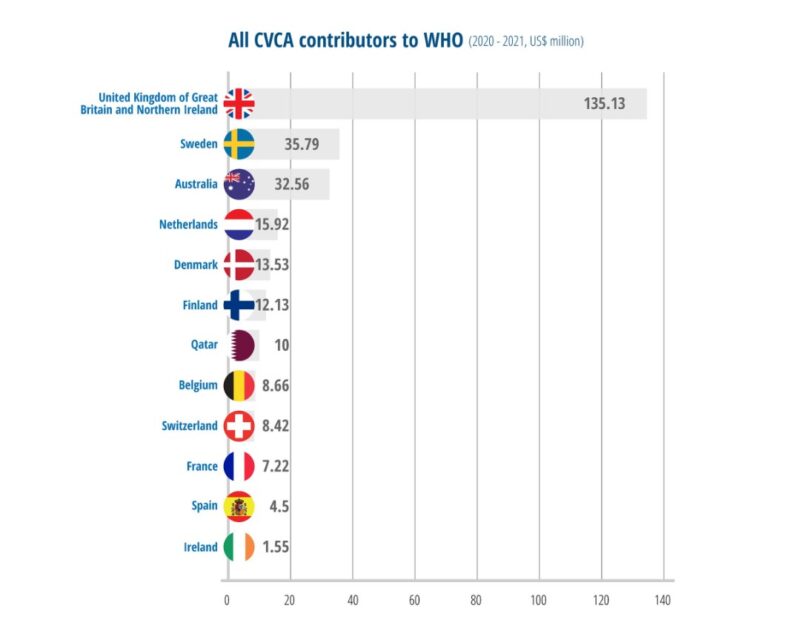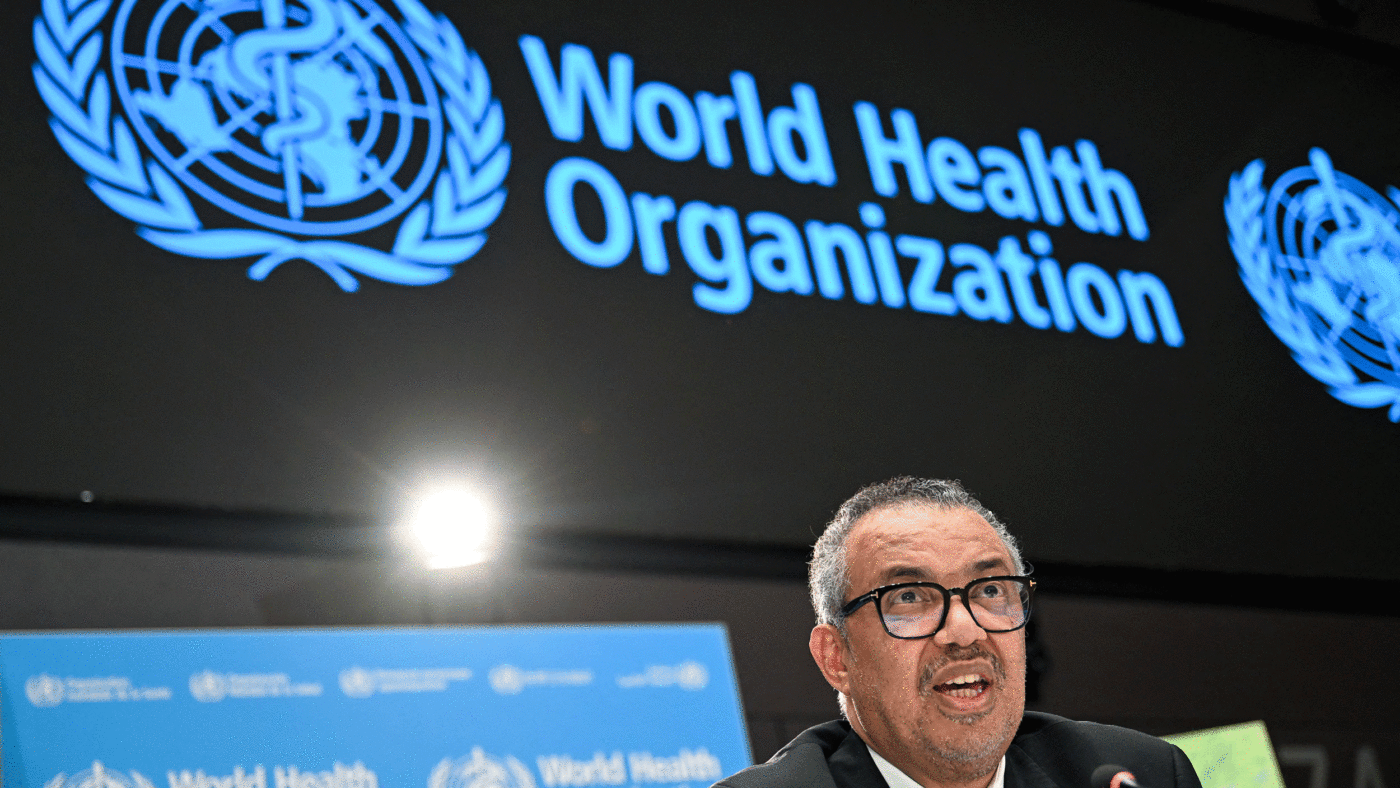The World Health Organisation is, I’m sorry to say, at it again – this time trying to convince us that ‘There is no safe level of alcohol consumption’.
Inevitably the science behind this proposition is deeply dubious. Chris Snowdon has chronicled time and again the way the temperance lobby (for such they are) distort the data to try and create demand, at least amongst politicians, for greater restrictions on drinking.
And even if they fail to build any momentum behind such policies in this country, they may still end up setting the agenda anyway. I have previously set out the way that the WHO empowers the anti-smoking lobby to make policy in secret at the international level and then impose it on elected governments through the Framework Convention on Tobacco Control.
None of that needs reiterating to the CapX reader. Instead, I want to ask: why, after thirteen years of Conservative-led government, is the United Kingdom still handing the WHO money, hand over fist, with no oversight of how it is spent?
Take a look at the funding page on the WHO website, which sets out the various ways in which the organisation is paid for. On top of assessed contributions – essentially a membership fee, ‘calculated relative to the country’s wealth and population’ – it is topped up with voluntary contributions.
At the top of the section on ‘core voluntary contributions’ [CVC] is a chart which seems intended to laud the UK, but which ought to cause HM Government considerable embarrassment.

.
It shows that Britain pays the WHO almost as much in so-called Core Voluntary Contributions as the other 11 CVC donors put together. In 2020/21, the UK handed the WHO $135.13m, no questions asked; the next-largest donor, Sweden, gave just $35.79m.
This is less significant than the presentation makes it appear: CVC donations amount to just 4.1% of all voluntary donations. The reason the WHO puts it up in lights is because this cash is ‘fully unconditional (flexible), meaning WHO has full discretion on how these funds should be used’.
Further down, so-called ‘thematic and strategic engagement funds’ and ‘specified voluntary contributions’ receive short shrift in comparison. The last category gets just a single two-line paragraph, despite making up fully 88% of all voluntary contributions. Why? Perhaps because:
They are tightly earmarked to specific programmatic areas and/or geographical locations and must be spent within a specified timeframe.
Set aside, for a moment, any broader concerns about the WHO, whether that be because of its dogmatic puritanism or its appalling behaviour during the pandemic over China and Taiwan. Does that description not simply set out how to spend public money well? If the UK is going to fund the WHO, should it not be doing so in pursuit of clear objectives, and supporting specific projects with measurable outcomes?
During the row over the 0.7% of GDP aid spending target, one of the arguments adduced by its critics was prioritising inputs over outcomes was encouraging the Department for International Development (as was) to simply get money out of the door, without proper regard for whether it was spent wisely in its own terms or in Britain’s national interest.
Why should the WHO be exempt from the same principle? The Government would not need to do anything so radical as ‘defund the WHO’ to have delivered a serious, useful reform. It could simply have scrapped CVCs (after all, only 12 nations donate) and earmarked the funds for specific proposals funded through specified voluntary contributions – if the Department of Health could come up with $135.13m worth of worthwhile initiatives, of course.
The answer, depressingly, is most likely just inattention to detail and lack of direction.
On the first point, much of the work of sprawling departments ticks over on autopilot. Ministers, regularly cycled between them, are seldom in position to get a grip on the machine, even if they are minded to do so.
As for the second, whilst both personal responsibility and, more recently, taking back control are Tory shibboleths, beyond rhetorical deference there is seldom much evidence that either actually inform the Government’s policy thinking.
Nor is there much structural thinking about what government should or not should not do, or how it should do it. Hence the persistent failure to deliver the oft-promised bonfire of the quangos. Too many Tory MPs are happy to denounce quangos in general, but are unwilling either to fold them back into the civil service or simply scrap them outright. Even when Public Health England was finally scrapped, its functions and much of its personnel were simply rolled into the new body.
We are increasingly close to the next election, and the scope for the Government to make dramatic interventions narrows by the day. But if the Conservatives still believe in either taking on the nanny state or better management of the public finances, taking the United Kingdom out of that WHO chart of shame – or at the very least, out of the top spot – would be a good place to start.
Click here to subscribe to our daily briefing – the best pieces from CapX and across the web.
CapX depends on the generosity of its readers. If you value what we do, please consider making a donation


